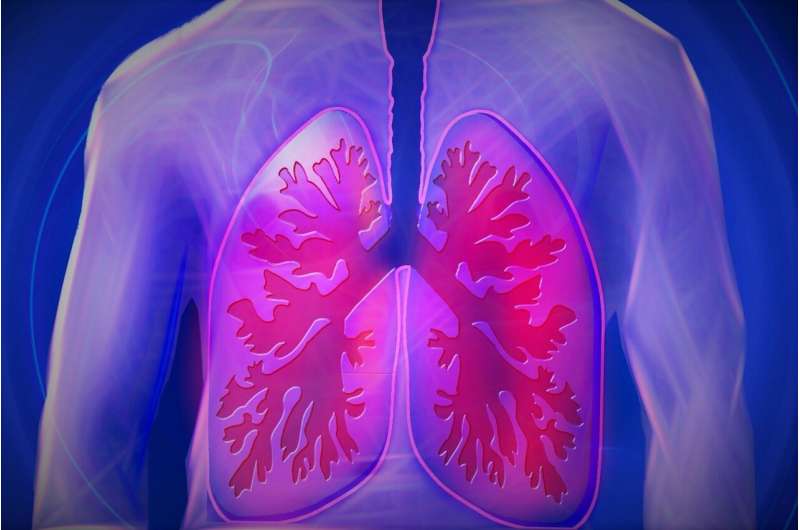Study Finds No Significant Benefit of Mucoactive Agents in Preventing Lung Flare-Ups in Bronchiectasis Patients

A recent study finds that hypertonic saline and carbocisteine do not significantly reduce lung flare-ups in bronchiectasis patients, guiding future treatment strategies.
Research led by Queen's University Belfast has investigated the effectiveness of mucoactive therapies—specifically hypertonic saline and carbocisteine—in managing bronchiectasis, a chronic lung condition characterized by persistent cough, sputum production, chest pain, and recurrent exacerbations that can impair quality of life. The multicenter trial, published in the New England Journal of Medicine, involved 288 adults across 20 UK hospitals and aimed to determine whether these treatments could reduce pulmonary flare-ups over a year.
Participants were randomized to receive either hypertonic saline, carbocisteine, both, or standard care without additional mucoactive agents. Hypertonic saline was administered via nebulizer, while carbocisteine was dosed at 750 mg thrice daily for eight weeks, then twice daily. Notably, smokers and recent mucoactive users were excluded to eliminate confounding factors.
The primary outcome measured was the number of pulmonary exacerbations, assessed using standardized criteria. Results revealed no statistically significant difference in exacerbation rates between the groups. The adjusted difference for hypertonic saline versus no saline was -0.25 (95% CI -0.57 to 0.07, P=0.12), and for carbocisteine versus no carbocisteine, it was -0.04 (95% CI -0.36 to 0.28, P=0.81). Secondary measures, such as quality-of-life scores and lung function, showed no notable differences.
The study concludes that adding these mucoactive treatments to standard care does not effectively reduce exacerbation frequency in bronchiectasis. These findings emphasize the need for clinicians and patients to consider treatment burdens, costs, and side effects when choosing management strategies, potentially guiding a shift away from routine use of these agents for exacerbation prevention.
This research supports the ongoing reassessment of mucoactive therapies and underscores the importance of evidence-based treatment choices in respiratory care.
For more detailed information, see the original study: Judy M. Bradley et al, "Hypertonic Saline or Carbocisteine in Bronchiectasis," New England Journal of Medicine (2025). Source: https://medicalxpress.com/news/2025-09-mucoactive-bronchiectasis-treatments-benefit-lung.html
Stay Updated with Mia's Feed
Get the latest health & wellness insights delivered straight to your inbox.
Related Articles
Decline in Births and Rise in Deaths in the U.S. from 2010 to 2023
Between 2010 and 2023, the U.S. saw a decline in birth rates and a rise in death rates, reflecting significant demographic changes over the period. Learn more about the trends and their implications.
Wild Mushroom Season in Australia: Essential Safety Tips to Prevent Poisoning
Australia's wild mushroom season brings beautiful but potentially dangerous fungi. Learn essential safety tips to avoid poisoning and stay healthy during this time.
Understanding Partner Preferences: The Role of Genetics in Assortative Mating
Recent research highlights how genetics contribute to partner preferences and assortative mating, explaining why individuals often choose similar partners based on inherited traits and preferences. Discover how this biological basis shapes social behavior in humans and animals.



